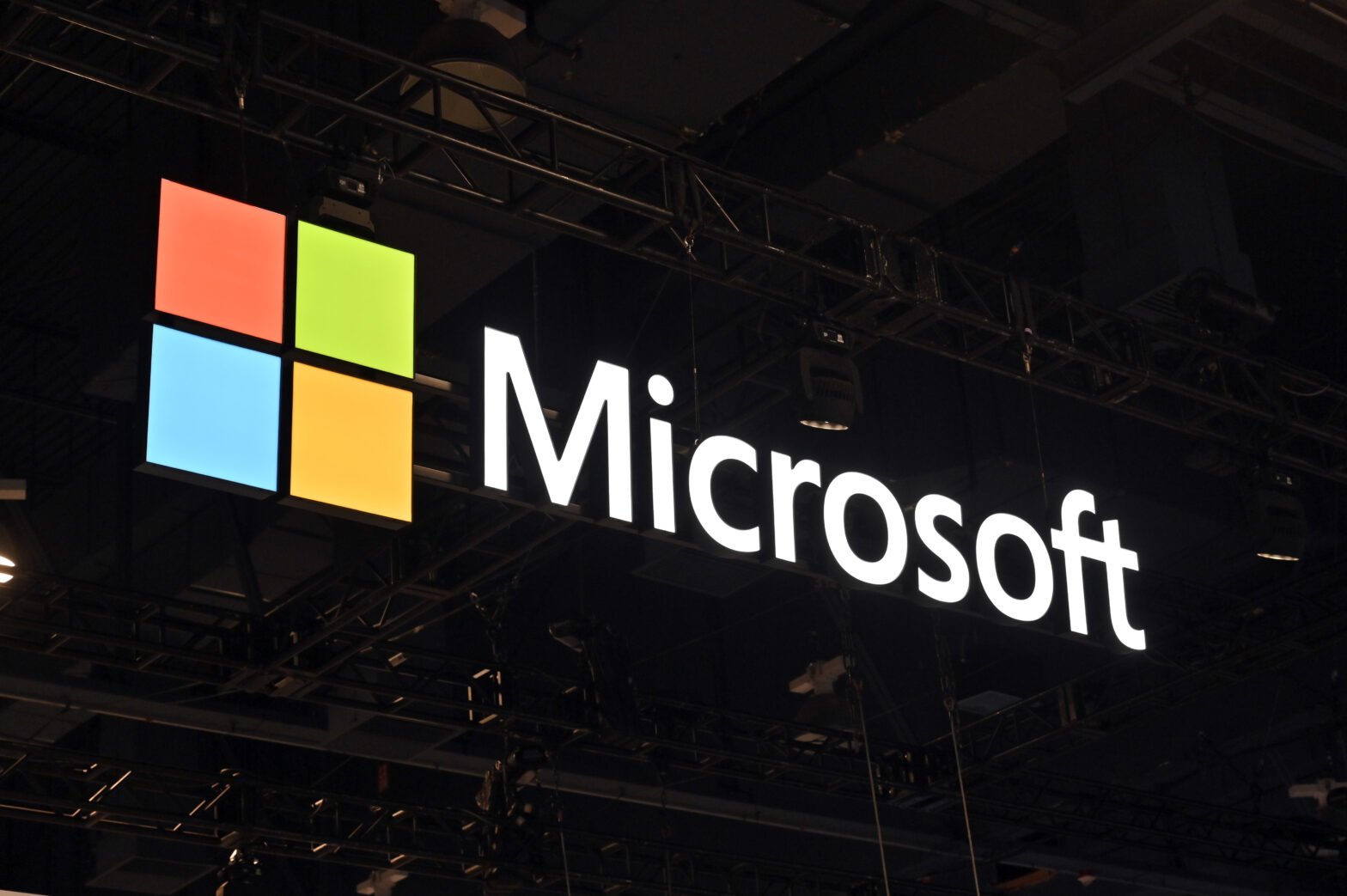Following two previous investments in ChatGPT developer OpenAI in 2019 and 2021, the funding will go towards speeding up development of AI computing at scale, as well as deployment of AI capabilities across consumer and enterprise products.
In addition, Microsoft Azure is set to power all OpenAI research, product and API service workloads as its exclusive cloud provider.
Microsoft began working with OpenAI in 2016, with the aim of transforming its cloud environment Azure into an “AI supercomputer for the world”.
Up to now, notable developments overseen by the partnership have included the construction of a top five publicly disclosed supercomputer in 2020, and the agreement to embed ChatGPT into the Bing search engine.
OpenAI has been using Azure to power many of its AI offerings, including ChatGPT, DALL·E 2 and GitHub Copilot.
The research aspect of the extended deal, meanwhile, has included the building and advancing of a framework for the safe deployment of AI, with OpenAI’s AI Alignment studies and Microsoft’s Responsible AI Standard in mind.
“We formed our partnership with OpenAI around a shared ambition to responsibly advance cutting-edge AI research and democratise AI as a new technology platform,” said Satya Nadella, chairman and CEO of Microsoft.
“In this next phase of our partnership, developers and organisations across industries will have access to the best AI infrastructure, models, and toolchain with Azure to build and run their applications.”
Sam Altman, CEO of OpenAI, commented: “The past three years of our partnership have been great. Microsoft shares our values and we are excited to continue our independent research and work toward creating advanced AI that benefits everyone.”
Computing power versus accessibility
While AI products being powered by an established cloud environment such as Azure is key to scaling capabilities, it can be argued that the exclusivity agreed in the deal with OpenAI may bring vendor lock-in, which can halt flexibility for end users looking to innovate.
While referring to the work done between Microsoft and OpenAI as “the fastest industrial revolution in history”, Marshall Choy, senior vice-president, product at SambaNova Systems, warned: “Microsoft’s decision to make Azure the exclusive cloud provider for OpenAI workloads does limit accessibility.
“For AI to reach its revolutionary potential, companies require flexibility around how they adopt and deploy it. That said, this innovation will impact us all — any software open on your computer right now will be changed by generative AI forever.
“The next challenge is taking generative AI and making it productive in enterprise environments.”
Related:
How AI could be a game-changer for data privacy — AI offers multiple benefits to businesses, but it also poses data privacy risks.
Tech leaders need a new approach to maximise AI value — Exploring the need for tech leaders to adopt a new approach when looking to maximise the value of AI.







